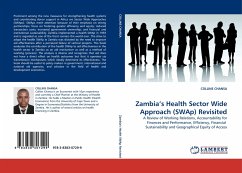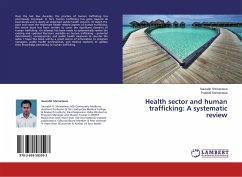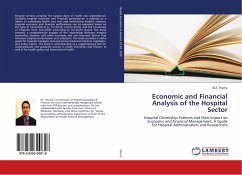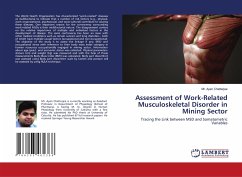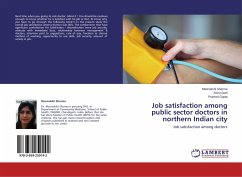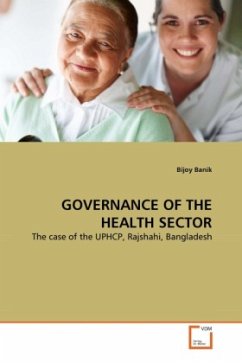Prominent among the new measures for strengthening health systems and coordinating donor support in Africa are Sector Wide Approaches (SWAps). SWAps merit attention because of their emphasis on strong partnerships; focus on fostering greater efficiency and equity; reduced transaction costs; increased government ownership; and financial and institutional sustainability. Zambia implemented a health SWAp in 1993 and is regarded as one of the front runners the world over. The drive to adopt the health SWAp in Zambia was dictated by the need to improve aid effectiveness after a perceived failure of vertical projects. This book evaluates the contribution of the health SWAp to aid effectiveness in the health sector in Zambia as an aid mechanism as well as a method of working (process). The analysis is diverse and recognizes that aid does not have a direct effect on health outcomes but that it operates via transmission mechanisms which ideally determine its effectiveness. The book should be useful to policy makers in government, international and national aid agencies, and scholars in the field of health and development economics.

